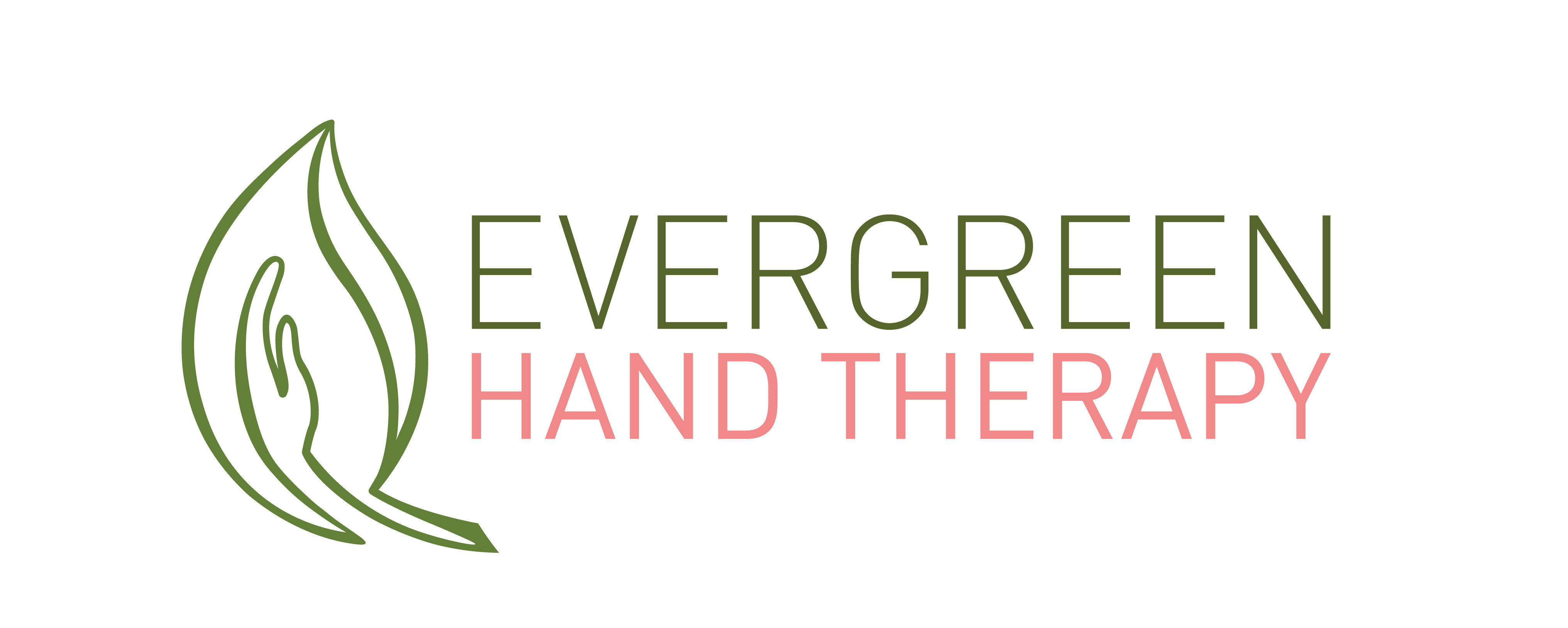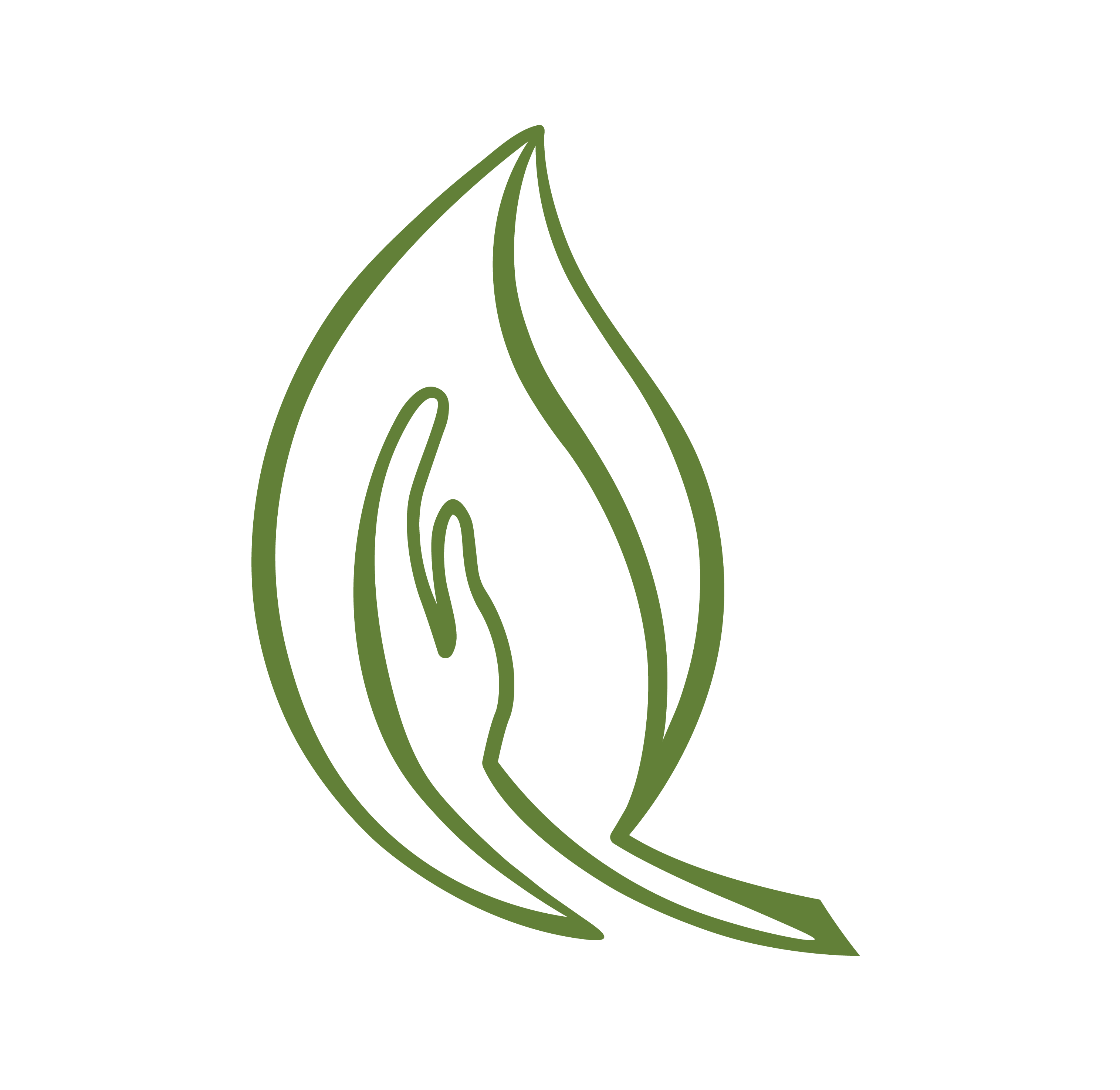over 20 years experience
The Evergreen Story
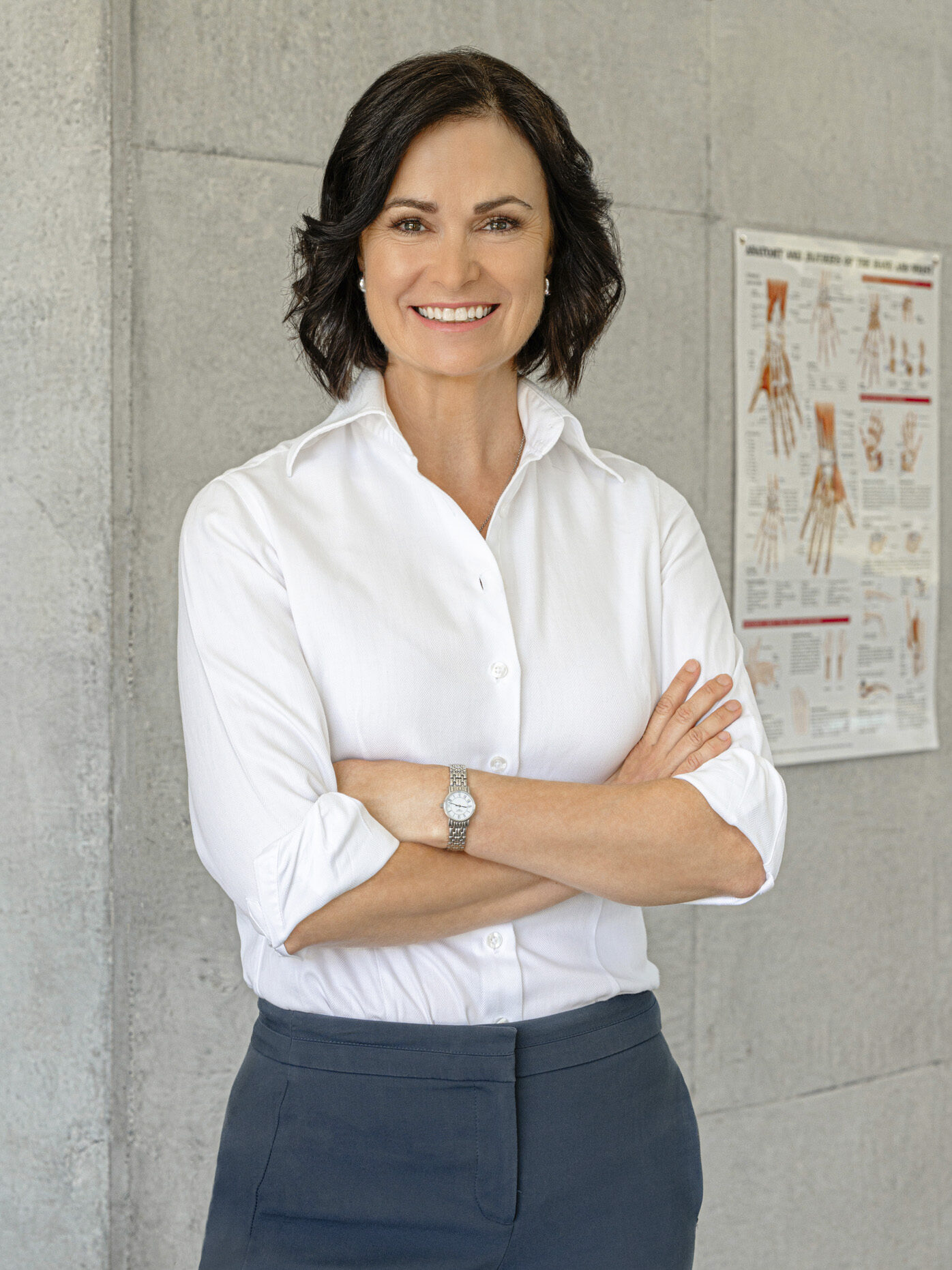
Dr. Lauren Miller
Lauren is dedicated to providing you with individualised, evidence-based and effective hand therapy – whether that’s assisting you to recover from injury, or finding ways to help you manage a condition that has developed. She is empathetic, innovative, organised, and very keen to share her skills and knowledge to help others – exactly why she founded Evergreen Hand Therapy!
Lauren has extensive clinical, management, research and teaching experience in the area of Hand Therapy. She graduated from the University of Sydney as a Physiotherapist in 2000, and has been practising as a Hand Therapist in both the United Kingdom and Australia (in large Public Hospital Hand Units as well as Private Hospitals/ Practices) for over 20 years.
Prior to moving to the Queensland, Lauren was the Hand Therapy Clinical Specialist and Head of Department at Sydney Hospital, one of Australia’s largest Public Hand Units, working alongside an extensive team of Hand Surgeons and overseeing 10 Hand Therapists. Most recently, Lauren has been working as a Senior Hand Therapist in a private hand clinic here on the Gold Coast.
In 2016, Lauren completed her PhD through the University of Sydney School of Physiotherapy on the management of finger fractures, and is passionate about early treatment and exercise for these injuries and the vital role that Hand Therapy plays in helping people regain full use of their hand after trauma. Lauren has published her research in peer-reviewed Allied Health and Hand Surgery journals and presented both nationally and internationally on the management of finger fractures and tendon injuries in the hand, as well as the role of a clinician-researcher in Hand Therapy.
Lauren is a Semester Teaching Fellow at Bond University within the Faculty of Medicine and Health Sciences, teaching on the Doctor of Physiotherapy program for the last three years, and an invited journal reviewer for international Hand Therapy journals. Since 2010, Lauren has also been a volunteer member of the Australian Hand Therapy Association Research Committee – giving back to her professional association but mostly learning a lot along the way!
When she’s not working Lauren is enjoying time with her husband, children, and the family’s food-focussed but very affectionate cocker spaniel with selective hearing!
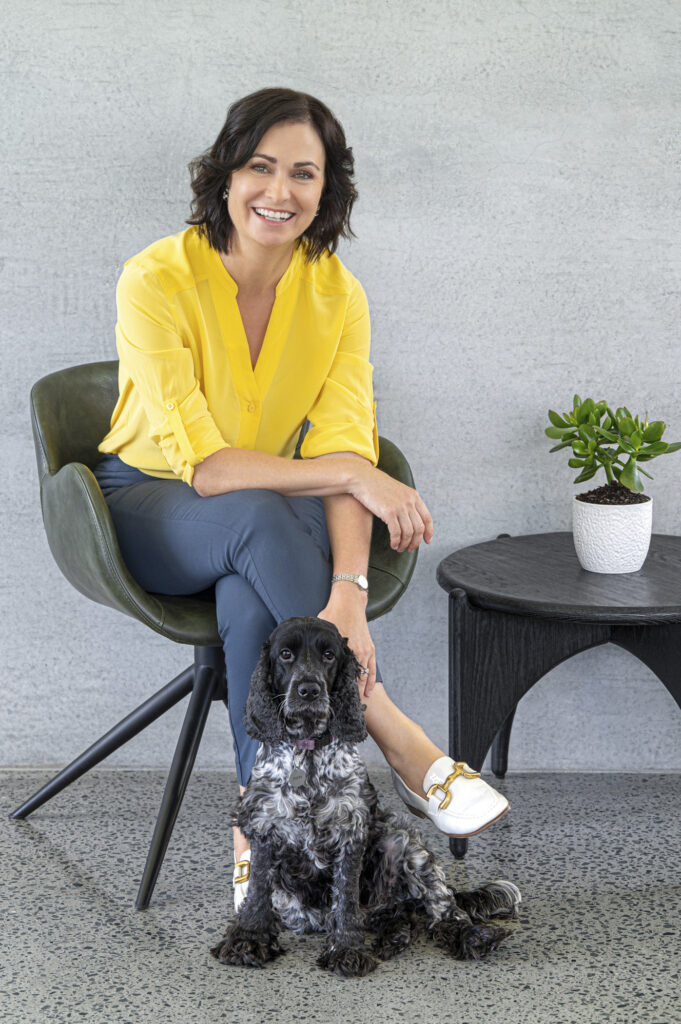
Publications
over 20 years experience
The Evergreen Journey
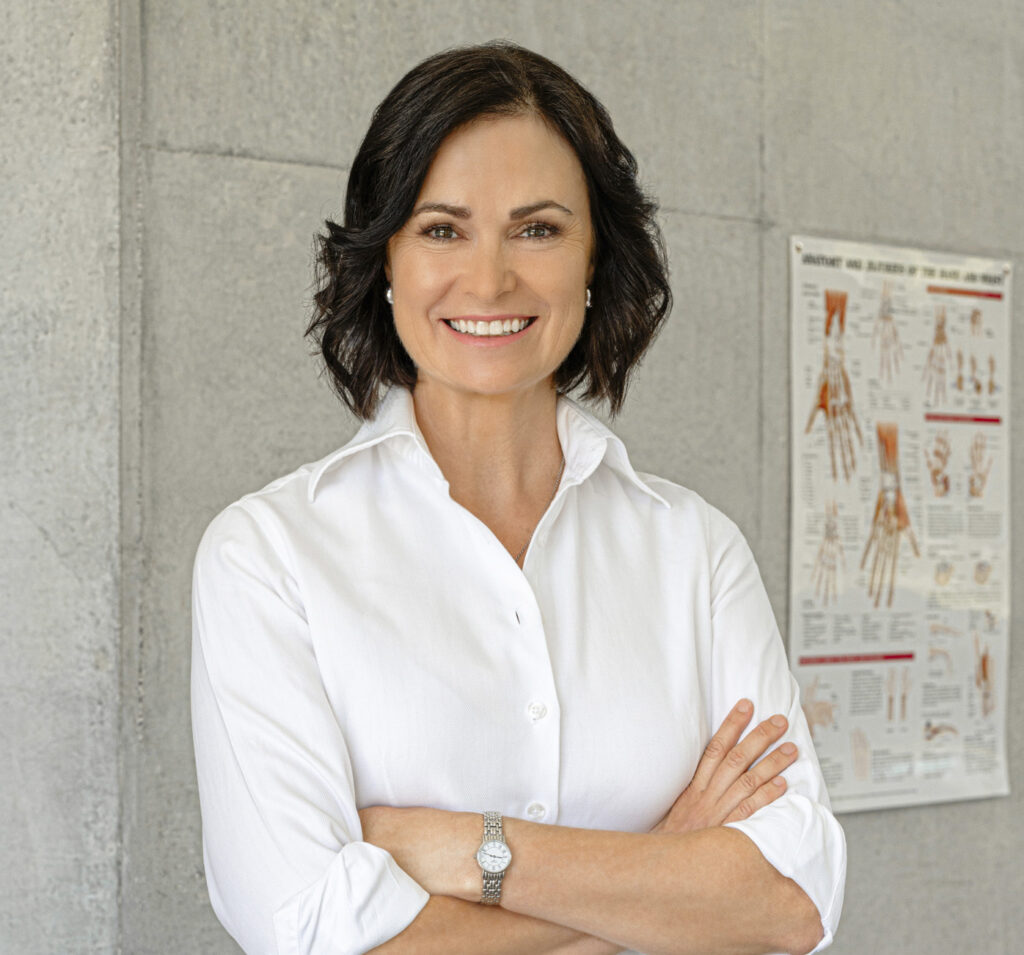
Dr. Lauren Miller
Doctor of Philosophy
(PhD – Hand Fracture Research)
Bachelor Applied Science
(Physiotherapy – with Distinction)
Accredited Hand Therapist (AHTA)
Certified Hand Therapist (HTCC)
Semester Teaching Fellow (Bond University)
AHPRA Registered
over 20 years experience
The Evergreen Story
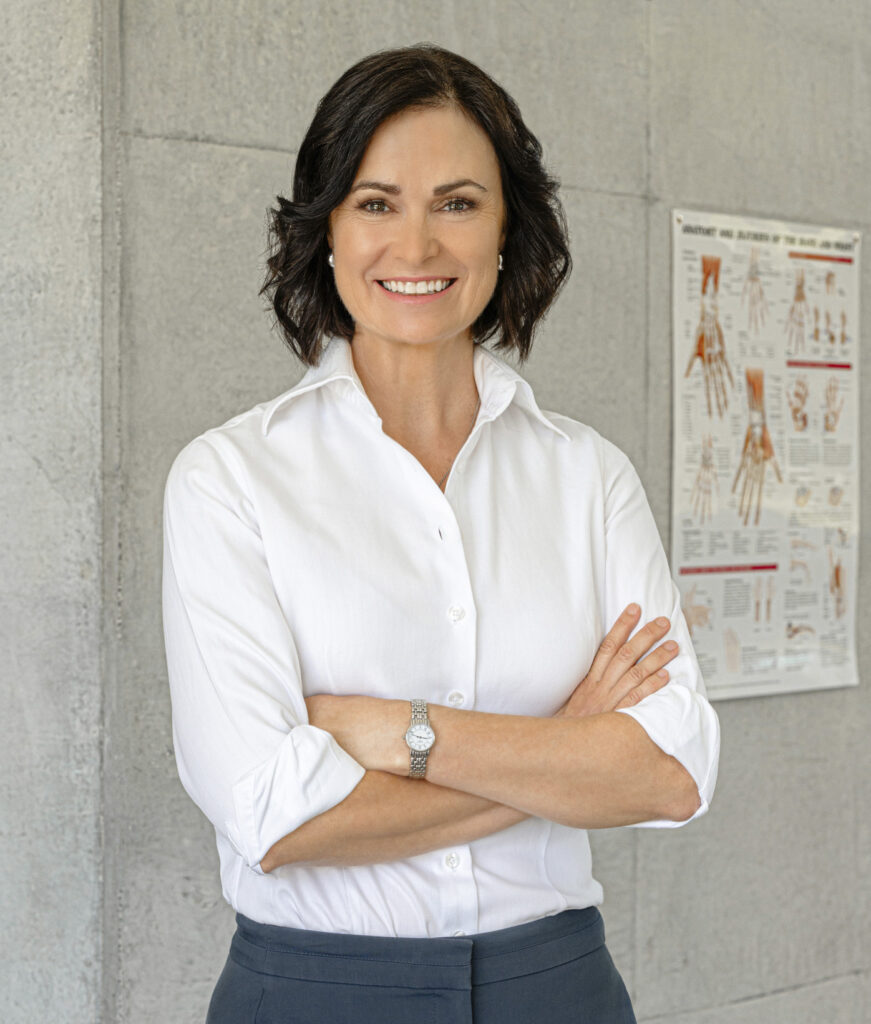
Dr. Lauren Miller

Dr. Lauren Miller
Lauren is dedicated to providing you with individualised, evidence-based and effective hand therapy – whether that’s assisting you to recover from injury, or finding ways to help you manage a condition that has developed. She is empathetic, innovative, organised, and very keen to share her skills and knowledge to help others – exactly why she founded Evergreen Hand Therapy!
Lauren has extensive clinical, management, research and teaching experience in the area of Hand Therapy. She graduated from the University of Sydney as a Physiotherapist in 2000, and has been practising as a Hand Therapist in both the United Kingdom and Australia (in large Public Hospital Hand Units as well as Private Hospitals/Practices) for over 20 years.
Lauren is a Semester Teaching Fellow at Bond University within the Faculty of Medicine and Health Sciences, teaching on the Doctor of Physiotherapy program for the last three years, and an invited journal reviewer for international Hand Therapy journals. Since 2010, Lauren has also been a volunteer member of the Australian Hand Therapy Association Research Committee – giving back to her professional association but mostly learning a lot along the way!
When she’s not working Lauren is enjoying time with her husband, children, and the family’s food-focussed but very affectionate cocker spaniel with selective hearing!
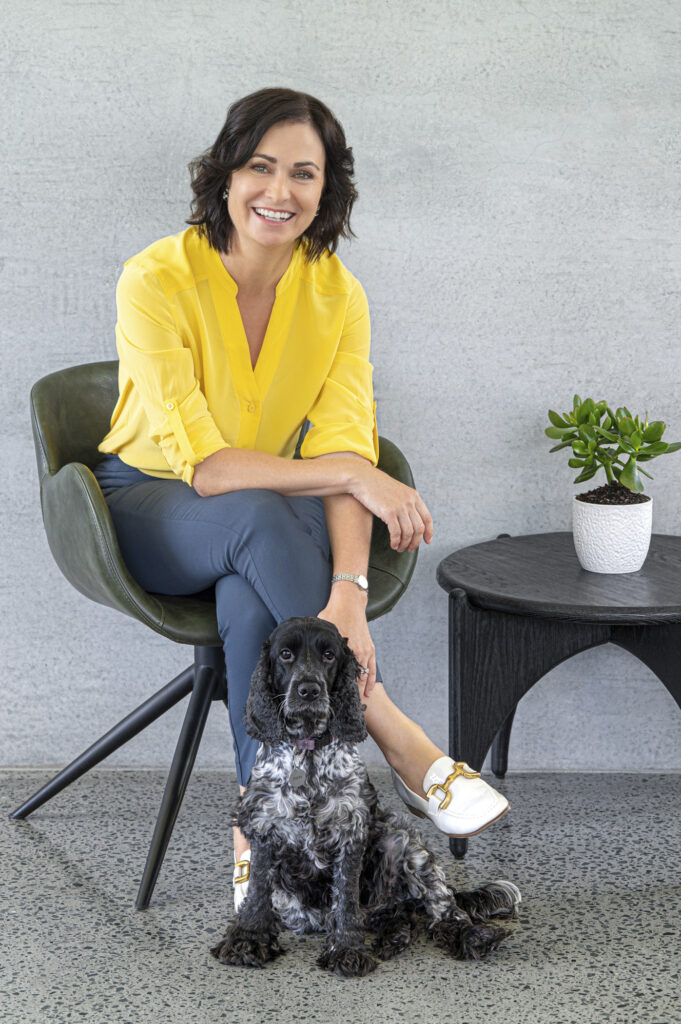
Lauren is dedicated to providing you with individualised, evidence-based and effective hand therapy – whether that’s assisting you to recover from injury, or finding ways to help you manage a condition that has developed. She is empathetic, innovative, organised, and very keen to share her skills and knowledge to help others – exactly why she founded Evergreen Hand Therapy!
Lauren has extensive clinical, management, research and teaching experience in the area of Hand Therapy. She graduated from the University of Sydney as a Physiotherapist in 2000, and has been practising as a Hand Therapist in both the United Kingdom and Australia (in large Public Hospital Hand Units as well as Private Hospitals/Practices) for over 20 years.
Prior to moving to the Queensland, Lauren was the Hand Therapy Clinical Specialist and Head of Department at Sydney Hospital, one of Australia’s largest Public Hand Units, working alongside an extensive team of Hand Surgeons and overseeing 10 Hand Therapists. Most recently, Lauren has been working as a Senior Hand Therapist in a private hand clinic here on the Gold Coast.
In 2016, Lauren completed her PhD through the University of Sydney School of Physiotherapy on the management of finger fractures, and is passionate about early treatment and exercise for these injuries and the vital role that Hand Therapy plays in helping people regain full use of their hand after trauma. Lauren has published her research in peer-reviewed Allied Health and Hand Surgery journals and presented both nationally and internationally on the management of finger fractures and tendon injuries in the hand, as well as the role of a clinician-researcher in Hand Therapy.
Lauren is a Semester Teaching Fellow at Bond University within the Faculty of Medicine and Health Sciences, teaching on the Doctor of Physiotherapy program for the last three years, and an invited journal reviewer for international Hand Therapy journals. Since 2010, Lauren has also been a volunteer member of the Australian Hand Therapy Association Research Committee – giving back to her professional association but mostly learning a lot along the way!
When she’s not working Lauren is enjoying time with her husband, children, and the family’s food-focussed but very affectionate cocker spaniel with selective hearing!

